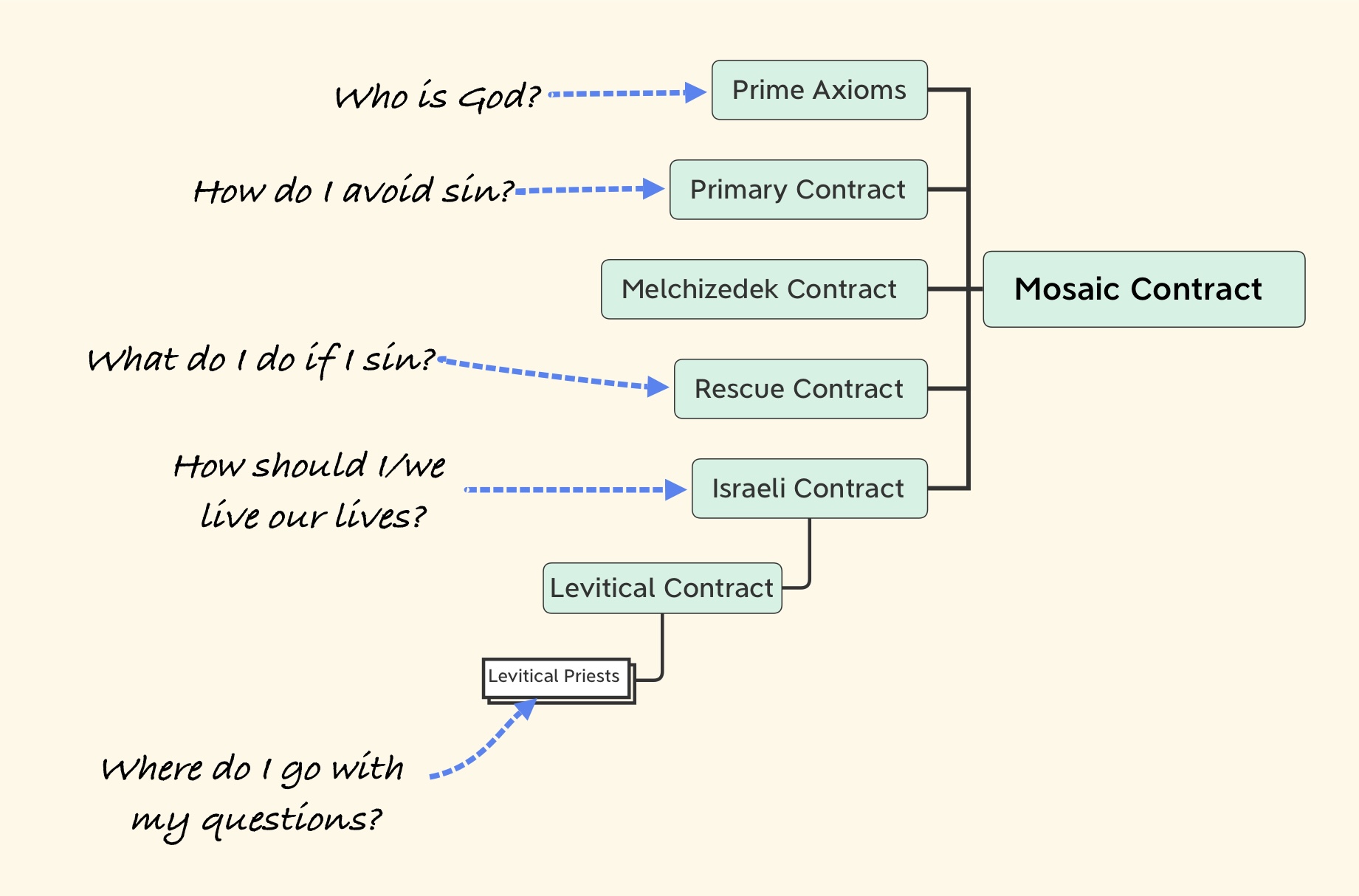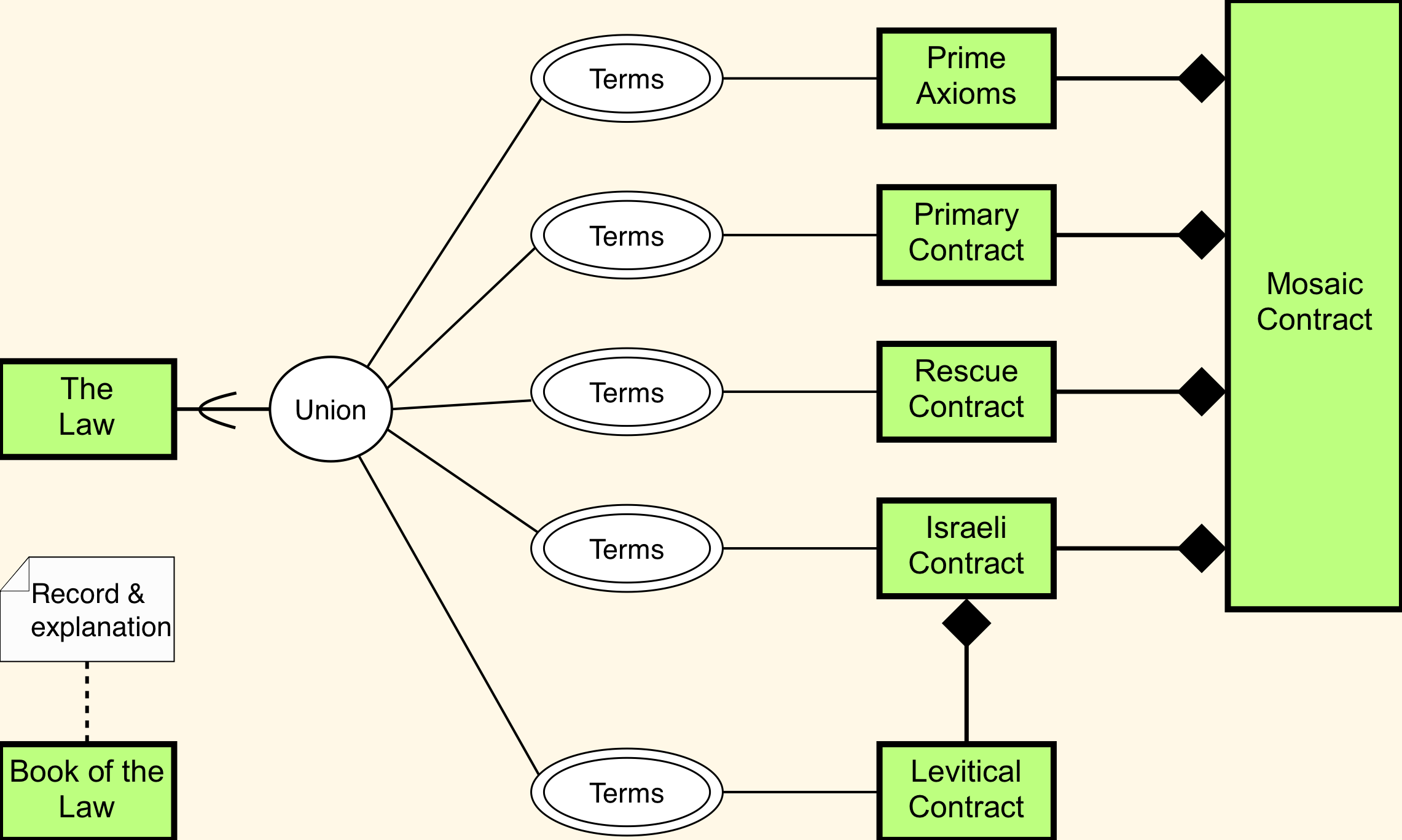 |
Scripture |
Trinity |
Covenant |
Guidance |
About |
Index
|
Scripture |
Trinity |
Covenant |
Guidance |
About |
Index
 Upload in progress...
Upload in progress...
Dr Paul Tournier writes:
It is natural for man to project his guilt upon other people and upon God. But he does not thereby get rid of it, and the rebellion against others and against God which results becomes in its turn a source of fresh impulsions to evil, and therefore of more guilt. (Guilt and Grace)
Dr Tournier mentions the projection of guilt onto another person or even onto God Himself. But what if there is no convenient person? Is it still possible to project the guilt away from oneself?
Paul 'explains' how the Law brought death:
[7] What shall we say, then? Is the law sin? Certainly not! Indeed I would not have known what sin was except through the law. For I would not have known what coveting really was if the law had not said, "Do not covet."
[8] But sin, seizing the opportunity afforded by the commandment, produced in me every kind of covetous desire. For apart from law, sin is dead. [9] Once I was alive apart from law; but when the commandment came, sin sprang to life and I died. [10] I found that the very commandment that was intended to bring life actually brought death. [11] For sin, seizing the opportunity afforded by the commandment, deceived me, and through the commandment put me to death. (Romans 7:7-11 NIV)
Paul sees himself, the Law, and the sin. He thereby isolates himself from the Lord God and God's dwelling place. His blinkered view sees only the Law and how the commandments affect him personally. His context does not include dwelling with the Lord in the Lord's home. And Paul's blindness ensures that he fails to see that the Covenant and its Law:

Children's schematic of the Covenant.
And so Paul's words have nothing in common with those of the Psalmist, who has this to say about the Law:
[97] Oh, how I love your law! I meditate on it all day long.
[98] Your commands make me wiser than my enemies, for they are ever with me.
[99] I have more insight than all my teachers, for I meditate on your statutes.
[100] I have more understanding than the elders, for I obey your precepts.
[101] I have kept my feet from every evil path so that I might obey your word.
[102] I have not departed from your laws, for you yourself have taught me.
[103] How sweet are your words to my taste, sweeter than honey to my mouth!
[104] I gain understanding from your precepts; therefore I hate every wrong path. (Psalm 119:97-104 NIV)
Paul is in direct opposition to the Psalmist. This is not surprising, for we know that Paul used the law of the House of Desolation to underpin his false doctrine. We know, too, that he never corrected his false understanding of the Covenant.
The Psalmist, on the other hand, confirms that meditating on the Law leads to a better understanding of who the Lord is, His values, and the intentions behind His commandments. Jesus states, in no uncertain terms, that this is necessary if one is to understand what He Himself is saying:
[45] "But do not think I will accuse you before the Father. Your accuser is Moses, on whom your hopes are set.
[46] If you believed Moses, you would believe me, for he wrote about me. [47] But since you do not believe what he wrote, how are you going to believe what I say?" (John 5:45-47 NIV)
The context of Jesus' words is the Covenant as it was understood by Moses. Necessarily, therefore, the covenant with Death, the covenant as it was understood by the Pharisees and Paul, is excluded and will be annulled by the Lord:
[18] Your covenant with death will be annulled; your agreement with the grave will not stand. When the overwhelming scourge sweeps by, you will be beaten down by it.
[19] As often as it comes it will carry you away; morning after morning, by day and by night, it will sweep through. The understanding of this message will bring sheer terror. (Isaiah 28:18-19 NIV)

Rom. 7:7 reveals Paul's understanding of Covenant Law. He sees only the 613 Mitzvot, the do's and don'ts.
But Covenant Law is so much more than that! Covenant Law comprises the union of the terms of each of its component contracts:

Covenant Law
Analysis of Covenant Law shows that the terms and conditions go far beyond do's and don'ts. With regard to Jesus, for example, the Law confirms Jesus' representation as a party to the Covenant - and an offerer to boot! See Representation of Jesus in Covenant Law
Moving on to the implications of Paul's blindness, it can be seen that Paul has necessarily defiled the Covenant, and that the education of children up to the Age of Discretion has been totally corrupt. Not only did Paul teach this evil within the synagogue, but he also carried it over to the Gentile new-covenant church, deceiving them and ensuring their ignorance and perpetuating their wrongdoing.
Today, Paul's words of deceit are taken as 'gospel'. Paul claims to speak the truth in the Spirit:
[1] I speak the truth in Christ---I am not lying, my conscience confirms it in the Holy Spirit--- (Romans 9:1 NIV)
By invoking the authority and guidance of the Spirit for what he says and teaches, Paul plays his trump card, thereby making his doctrine unassailable.
The new-covenant church continue to accept Paul's claim to being under the authority and the guidance of the Lord Spirit. They do not challenge his claim!
But, while at times Paul is truthful, so much of his doctrine is a lie, can be shown to be a lie, and for which there is no excuse.
In examining Paul's doctrine, it can be seen to be built on the lie that he speaks with the authority and guidance of the Lord Spirit.
[Essay: Studies of Paul's letters and that of the unknown writer to the Hebrews (probably a student of Paul), start with the false assummption that Paul's doctrine originates with the Lord Spirit.]

To resume, Paul sees the Law as a list of do's and don'ts, the 613 Mitzvot.
He attributes his knowledge and understanding of wrongdoing to each Mitzvot:
[7] ... Yet, if it had not been for the law, I would not have known sin. I would not have known what it is to covet if the law had not said, "You shall not covet." (Romans 7:7b NRSV)
He now personifies 'sin':
[8] But sin, seizing the opportunity afforded by the commandment, produced in me every kind of covetous desire. (Romans 7:8a NIV)
Paul imagines that without the Law he would be free of sin. This is further evidenced by his declaration that Christ's death killed the Law for those who believed:
[4] So, my brothers, you also died to the law through the body of Christ, (Romans 7:4a NIV)
Paul is stating that without the guidance of the Law he can dwell in the company of the Lord without falling into sin and error. This would be laughable were it not such a deadly deceit. The lie - for that is what Paul's deceit amounts to - is to be found in 1º Contract - the need.
It is a lie which is reenacted with new-covenant baptism. The convert is fully submerged in the water, either physically or metaphorically. This signifies death. The convert then emerges from the water and is raised up - like Jesus - to new life in Him.
This also is a lie, for the true meaning of baptism is to be found in commitment to the Messianically Amended Covenant. See also: Representation of Jesus; and Messianic Amendment.
Version: 28-Sep-2023